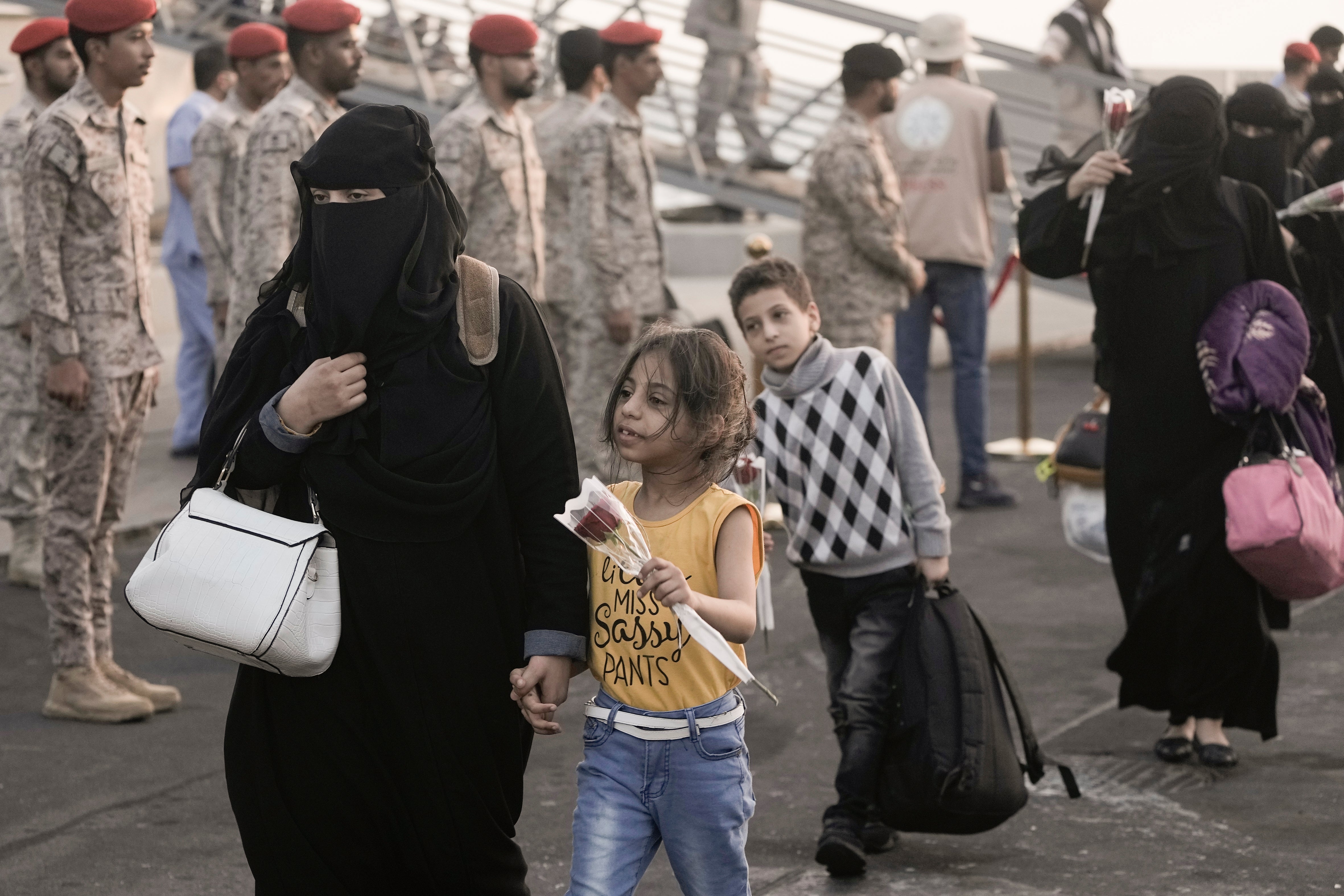Sudan: 25 dead in tribal fighting, as truce talks stall
The Sudanese Doctors' Syndicate says tribal clashes over several days killed 25 people and wounded more than 50 in southern Sudan

Your support helps us to tell the story
From reproductive rights to climate change to Big Tech, The Independent is on the ground when the story is developing. Whether it's investigating the financials of Elon Musk's pro-Trump PAC or producing our latest documentary, 'The A Word', which shines a light on the American women fighting for reproductive rights, we know how important it is to parse out the facts from the messaging.
At such a critical moment in US history, we need reporters on the ground. Your donation allows us to keep sending journalists to speak to both sides of the story.
The Independent is trusted by Americans across the entire political spectrum. And unlike many other quality news outlets, we choose not to lock Americans out of our reporting and analysis with paywalls. We believe quality journalism should be available to everyone, paid for by those who can afford it.
Your support makes all the difference.Tribal clashes over several days killed 25 people in southern Sudan, the country's doctor union said Wednesday. The fighting raises fears that the ongoing war between the country's rival top generals, currently centered on the capital, could set off more violence in far-flung provinces.
It remained unclear whether the tribal clashes were related to the brutal fighting which ignited mid-April across the country as a result of a power struggle between the military's head Gen. Abdel Fattah Burhan and Gen. Mohamed Hamdan Dagalo, who commands a powerful paramilitary group called the Rapid Support Forces, or the RSF.
The tribal violence in the south erupted on Monday between the Hausa and Nuba tribes in the city of Kosti, the capital of the White Nile province bordering South Sudan, according to Sudanese local media reports.
Deadly tribal violence is not uncommon in Sudan's south and west, where disputes dating back to the country's split from South Sudan remain unresolved.
The country's wider conflict has so far claimed the lives of more than 600 people, including civilians, and displaced hundreds of thousands. The violence has also spread to other regions, namely the restive Darfur province. Last month armed fighters, many in RSF uniforms, rampaged through the city of Genena in West Darfur killing at least 100 people, according to the doctors' group, the Sudanese Doctor's Syndicate, which mainly tracks civilian fatalities.
The U.N.'s migration agency said that 700,000 people have now been displaced by the violence, in updated figures released Tuesday, more than double the tally from a week prior. Before the fighting started, 3.7 million people were already displaced internally, mainly in western Darfur, according to the agency's figures.
A series of ceasefires has failed to stop the fighting and prompted foreign governments to speed up the evacuation of their citizens from the war-torn country.
Meanwhile, Sudan’s warring parties are holding talks in the Saudi coastal city of Jeddah, but have made little progress as of Monday regarding a more sustained humanitarian truce, a U.N. official in Sudan told The Associated Press.
The talks, the first since the fighting erupted, are a part of a Saudi-U.S. initiative meant to stop the fighting.
The U.N. official added that the gap between the two sides' positions remains wide, due to “deep mistrust”. He called for more pressure on the two generals, especially from their regional backers. The military has traditionally been backed by Egypt’s government, and the RSF has enjoyed support from the United Arab Emirates.
“They should give concessions to reach a compromise,” he said.
The military has demanded that the RSF withdraw from Khartoum's neighborhoods and its hospitals, power and oil facilities to one central base outside the city, according to two senior military officials with direct knowledge of the talks.
Meanwhile, the paramilitary group is saying that it should retain control of all of the bases it had held prior to the conflict, including at key locations inside the capital, such as the Khartoum Airport, according to two RSF officials involved in the preparations for the talks. They said the RSF is also looking to ensure its ranks are still paid out of the national budget and that its wounded soldiers can receive adequate medical treatment.
All officials spoke on condition of anonymity because they were not authorized to talk the media because of the ongoing negotiations.
Saudi Arabia’s Foreign Ministry had said the talks aim to achieve “an effective short-term cease-fire to facilitate humanitarian assistance,” and agree on a timetable for further negotiations to reach a permanent cease-fire.
The kingdom has played a major role in evacuating fleeing the conflict to safety from Port Sudan, a city on the country's Red Sea coast, to Saudi Arabia.
On Tuesday, the U.N. said its humanitarian chief Martin Griffiths had proposed “a declaration of commitments” to representatives of the rival Sudanese forces to guarantee the safe passage of humanitarian aid.
“We’re going to proceed with humanitarian operations, whether there’s a ceasefire or not as we do in conflict situations all around the world," said the U.N. deputy spokesman Farhan Haq. "But in order to make sure that safe passage is guaranteed, we want the parties to adhere to a declaration of commitments."
___
Associated Press writers Samy Magdy in Aswan, Egypt, and Edith M. Lederer at the United Nations contributed to this report.